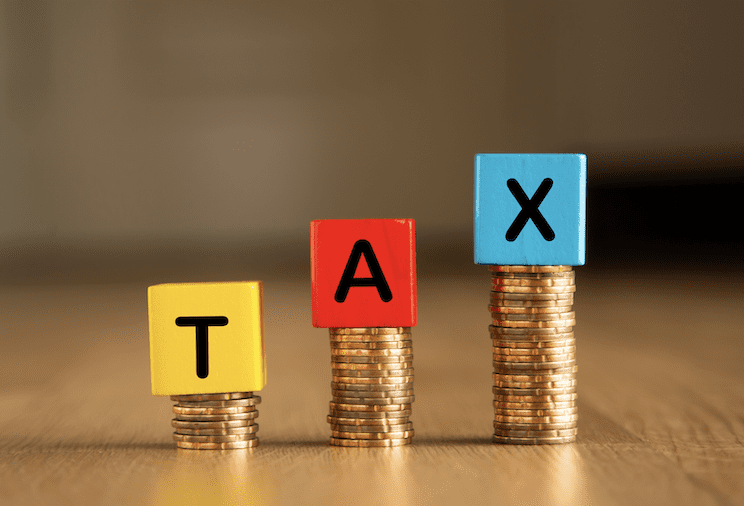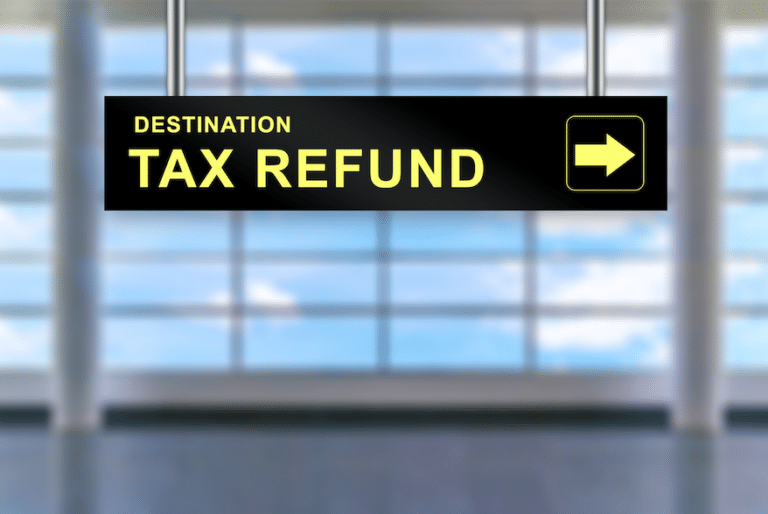While no one wants to give the government more money than they have to, it happens. The good news is that if you overpay your taxes, you’ll get your money back.
When you get money back it’s known as a tax refund. But what if you owe money to other organizations or even your state government? Can they swoop in and take your federal tax refund away from you?
First, it’s important to know that there are two types of tax refunds, namely, state tax refunds and federal tax refunds.
The main difference between the two types of tax refunds is that one is for national taxes, and the other is for state taxes.
Let’s talk more about whether the state can take your federal tax refunds in this article.
Can The State Take My Federal Tax Refund?
Indeed, the state government can take your federal tax refunds. So when does this happen exactly?
The state government where you reside can take your federal tax refunds if you owe them money.
When Can Your Federal Tax Refunds be Legally Taken?
By law, federal and state governments can only take your tax refunds as a payment on debts that you owe them. Thus, these two governmental entities are the only ones who can take your federal tax refunds. Be aware that private creditors are not authorized to legally do this.
However, depending on the state where you live, it may be possible for private creditors to garnish your federal tax refunds to repay your debts.
More on Federal Tax Refund Offset
There is a program by the United States Department of Treasury’s Financial Management Service known as the Treasury Offset Program (TOP). This allows federal and state governments to take your tax refunds to pay your government debts. This is something the TOP calls tax refund offset.
Although the TOP can garnish your federal tax refunds to pay government debts, there are limitations to this.
Again, if you owe the federal and state governments they will subject the amount you owe from your federal tax refunds. The Internal Revenue Services (IRS) will inform you why your tax refunds are withheld.
Unemployment and Tax Refunds
If the state in which you reside believes that you collected more than you should in unemployment compensation, it is likely that they will subtract that from your federal tax refunds.
There are a couple other common scenarios that the government looks out for. These include, but are not limited to, students with student loans, and divorcees paying support.
First, if you are a student with a student loan from the government, your federal tax refunds will be reduced to offset the amount you owe.
On the other hand, say you have divorced your spouse, and you are paying child support and/or spousal support. In this case, your federal tax refunds can be used to pay.
How Much of my Tax Refund was Taken?
You will discover how much money was withheld from your federal tax refunds upon receiving a notice from the Bureau of the Fiscal Service. They will notify you on the amount reduced from your refund. Learn more about how to check on your tax refund in our article here.
So there you have it. The state government can take your federal tax refunds if you owe any state government agencies. But be aware that for the most part, only the federal and state governments can garnish your federal tax refunds.








